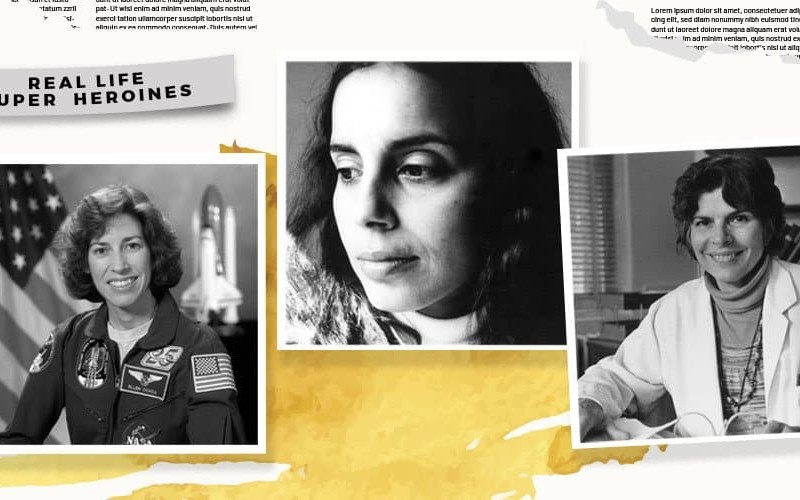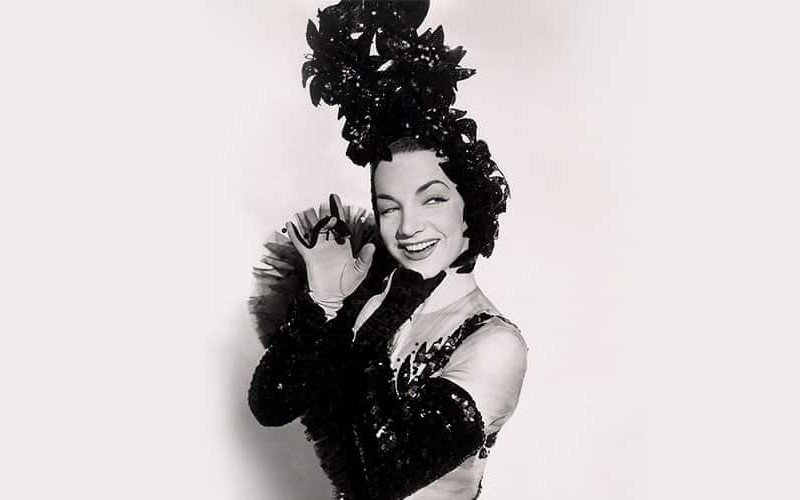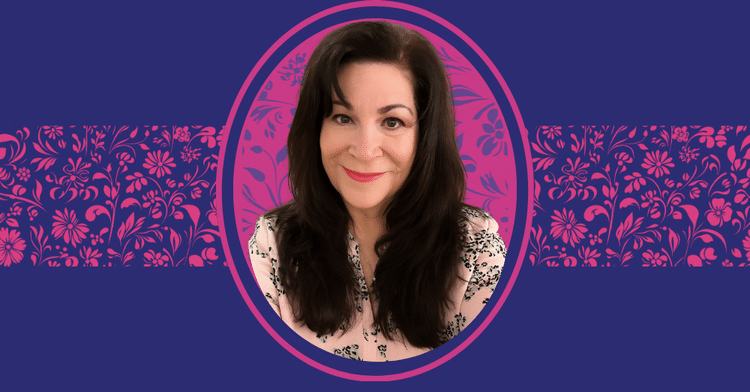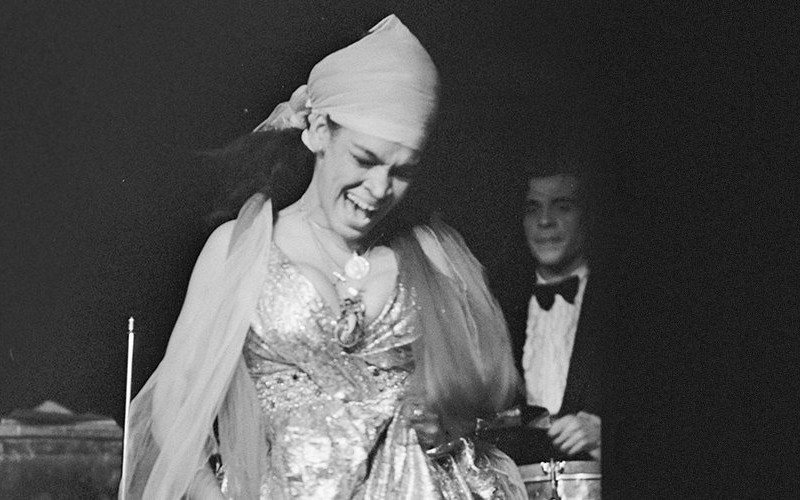Real-Life Super Heroines: Latinas Overlooked by Historians
Surrounded by an array of challenges, these extraordinary Latinas redefine heroism through courage and dedication — No capes, just powerful stories. Mainstream historians often leave Latina contributions out of history books, so it’s up to the rest of us to ensure their stories are told.

In a world abundant with challenges, particularly for the Latino community, these women, burdened with representing millions of voices, but taking on the challenge as best they could, stand out as genuine heroines. They don’t have capes or supernatural powers, but they stand out with their steadfast courage, unwavering dedication, and the remarkable ability to shape the course of history.
Mainstream historians regularly exclude Latina contributions to the development of the United States and its culture. If they won’t tell their stories, the rest of us will because these vibrant and powerful narratives of these extraordinary women deserve to be known and most importantly, learned from.
Helen Rodríguez Trías
A medical doctor and activist born in New York. Rodriguez Trías carved a legacy through tireless advocacy for the health and reproductive rights of women and marginalized communities.
As the first Latina to preside over the American Public Health Association, her influence transcended the boundaries of conventional medicine.
Rodríguez Trías co-founded pivotal organizations such as the Abortion Rights Committee, the Women’s Caucus of the American Public Health Association, and the Committee to End Sterilization Abuse. Her pivotal contributions were evident in the drafting of federal sterilization guidelines, where she played a crucial role in ensuring informed consent was presented in a language accessible to women, coupled with the introduction of a waiting period between consent and the procedure.
Dolores Huerta
One of the most well-known workers’ rights advocates, Huerta, a union leader and civil rights advocate born in New Mexico, stands out with her unwavering commitment to labor justice and her inspiring leadership in the struggle for equality for farm workers.
As a co-founder of the United Farm Workers (UFW), she served as a beacon of hope for farm workers and members of marginalized communities. Huerta boldly confronted labor injustice in the fields, spearheading strikes and movements aimed at achieving fair working conditions and farmer rights.
Her motto “Sí, se puede” resounded with those who yearned for change, and became an emblem of unity and empowerment. The motto, often attributed to labor rights leader Cesar Chavez or the UFW in general, was coined by Huerta during Chavez’s 1972 25-day fast in Phoenix, Arizona, which was then famously borrowed by then-presidential candidate Barack Obama in his campaign slogan, Yes We Can.
In addition to her work with the union, Huerta has fought tirelessly for civil and social rights equality. Her unwavering advocacy led to significant progress, such as equitable practices in the agricultural industry.
Ana Mendieta
Born in Havana, Cuba, a conceptual artist was not only known for her exceptional artistic skills but also for her strong dedication to exploring themes of identity, land, and femininity through her work.
After moving to the United States, she became a significant figure in contemporary art, particularly in representing the Latina experience. Her art was unconventional and dealt with fundamental themes, ranging from the relationship between the body and nature to reflecting on her Cuban heritage.
Mendieta played a significant role in the conceptual and performance art movement, which was mostly dominated by men. She was one of the few women who gained prominence in this field.
Ellen Ochoa
Ochoa is a renowned astronaut and engineer, born in California, who has made notable contributions to the history of space exploration.
She joined NASA in 1988 and quickly made a name for herself, earning the distinction of being the first Latina to reach space in 1993 aboard the space shuttle Discovery.
Dr. Ochoa’s contributions to optical systems for information processing were significant due to her degrees in physics and electrical engineering.
She received NASA’s most prestigious awards, the Distinguished Service Medal and the Presidential Distinguished Rank Award. Her legacy resonates as a powerful testament to the strength and resilience of women in breaking barriers and forging paths in traditionally male-dominated fields.
Sylvia Rivera
Born in New York, Rivera was an activist and advocate for transgender rights and dedicated her life to the fight for equality and visibility for transgender communities.
She co-founded the Gay Liberation Front and the Street Transvestite Action Revolutionaries (STAR) and played a crucial role in the fight for transgender rights.
Rivera was a strong advocate for the recognition and respect of transgender voices, challenging discrimination, and fighting for equal rights in the LGBTQ+ community. She actively participated in the Stonewall Uprising, going on record to tell the story of her role in the protest. Though she didn’t throw the initial Molotov cocktail, she “threw the second one.”
In the six days of protests, Rivera never went home, staying behind and advocating for trans rights, making sure that the “T” in LGBT wasn’t forgotten.
These Latina women, each a superhero in her own right, have left an indelible mark on the world, proving that courage and dedication can transcend barriers and shape a more equitable and just future for us all. Celebrating their stories reminds us that the true power of heroism lies not in capes or supernatural abilities but in the relentless pursuit of justice, equality, and positive change.



